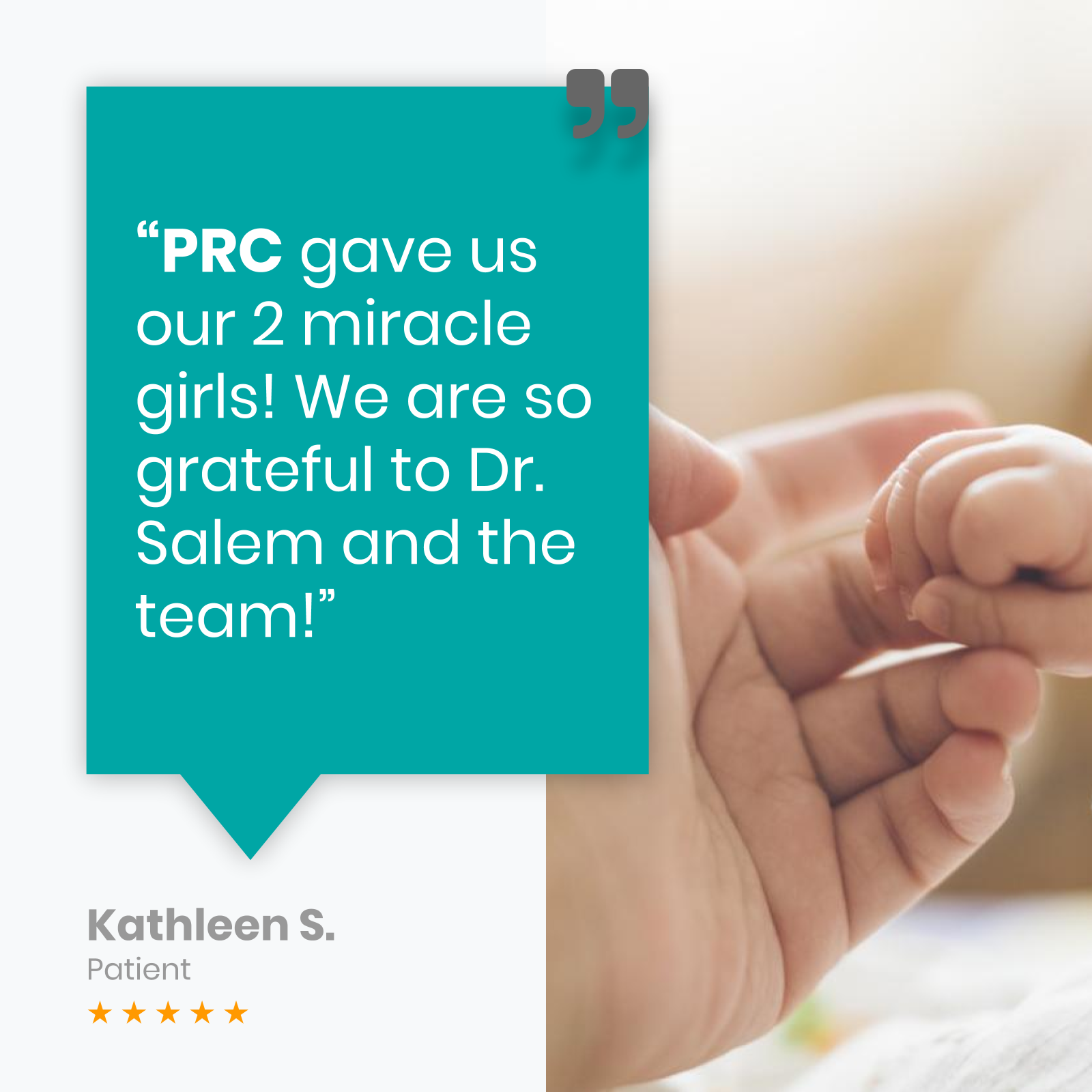How Do I Donate My Eggs?
To start, fill out the form below and become an egg donor candidate. We will contact you for a nurses conference with at your earliest convenience. This process of screening is where you will become aware that this can be an extraordinarily exhilarating experience with the knowledge that you are making it possible for another life to be brought into the world. Passing this gift onto another woman is as gracious and generous and life-affirming a gift that you could ever give.
What Do I have to Do to Donate My Eggs?
Being an egg donor requires you go through the process with as much knowledge as you can gather so you make the right decision for yourself, weighing out the benefits to you and your time. The medical process itself is easy to describe, but make sure you ask all the questions you can think up during the screening phase of egg donation.
The Egg Donation Process.
The process of egg donation involves answering questions about your physical and mental health history. Among the typical questions are the following:
- Are you a smoker?
- What medications do you take?
- Are you physically and mentally healthy?
- Are there any genetic illnesses in your family?
- If you have deceased parents or grandparents, how did they die?
- Can you give yourself an injection?
- Do you have regular menstrual cycles?
3-Step Egg Donor Process
Step One
The first step involves “hyperstimulation” of your ovaries, which is done by using three hormones. The first drug (Gonadotropin) is one that suppresses the hormone that your body uses to initiate egg maturation. This allows physicians to begin controlling your egg production.
Step Two
The second step is to administer a follicle stimulating hormone (by dint of daily injections) that encourage the development of egg follicles. This increases the number of eggs that can be harvested. The third hormone involves an injection of human Chorionic Gonadotropin, which triggers ovulation.
Step Three
The third step involves harvesting the eggs. This is done with a medical procedure in which the donor is mildly sedated. The physician then uses a suctioning needle inserted into each ovary in order to remove the mature eggs called Oocytes from the follicles. Donors are often prescribed an antibiotic as a way to prevent an infection from taking hold after the egg retrieval procedure is done. The donors then go home, often resting for a day or two before resuming their normal activities.
A week after the procedure, we give you a check-up a checkup that includes an ultrasound examination of the ovaries just to make sure all is well.
Sometimes, specialists at the facility may freeze some or all of the embryos for later use or implantation in different women.
Looking for the Best Fertility Clinic in Southern California?
Pacific Reproductive Center has four convenient locations throughout Southern California, making it easy for patients to receive quality care close to home. Each IVF fertility center has an on-site lab, next-generation services, and state-of-the-art equipment.
Whether in Glendale, Torrance, Irvine, or Corona, our world-class fertility doctors can help you build the family you’ve always wanted.
3720 Lomita Blvd, Suite 200 Torrance, CA 90505
116 E. Broadway, Suite 300 Glendale, CA 91205
10 Post Irvine, CA 92618
381 Corporate Terrace Corona, CA 92879




